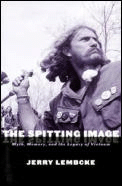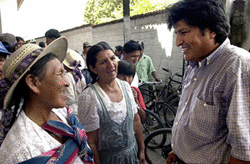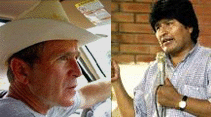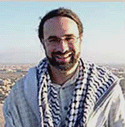
The Vietnam War: Getting Behind the Spitting Image
Jerry Lembcke is the author of "The Spitting Image: Myth, Memory, and the Legacy of Vietnam". In 1969, he was assigned to the 41st Artillery Group in Vietnam as a Chaplain's Assistant, and joined the Vietnam Veterans Against the War when he returned in 1970. As an associate professor of sociology at Holy Cross College during the Persian Gulf War, Lembcke began to research the origins of stories about Vietnam Veterans being spit on by female antiwar protesters. Not only did the stories conflict with Lembcke's experiences as a veteran and member of the anti-war movement in the 1970's, he could not find a single documented case of a veteran being spit on.





